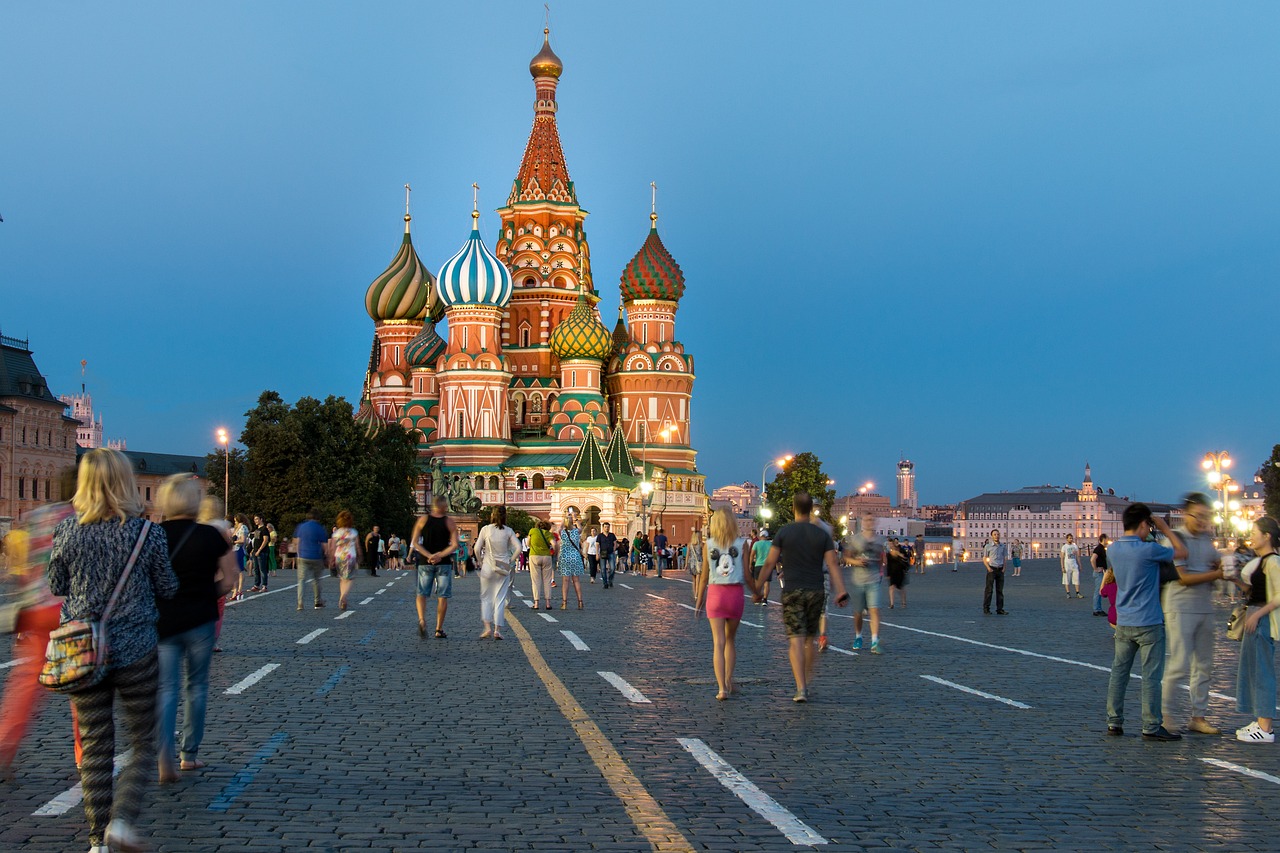
Russia has criticised Moldova’s decision to join EU sanctions against it as a hostile move aimed at destroying ties with Moscow and threatening retaliation.
The Russian foreign ministry stated that the Moldovan leadership is fully integrated into the anti-Russian campaign of the 'collective West’ and aims to destroy Russian-Moldovan relations. The legislation, supported by 62 deputies of Moldovan President Maia Sandu’s Party of Action and Solidarity, includes regulations for action against individuals and institutions subject to sanctions imposed on Russia in connection with the Kremlin’s February 2022 invasion of Ukraine. The legislation also aims to guard against undue influence by business magnates or „oligarchs”. The opposition Socialist Party refused to vote and called for the legislation to be referred to the Venice Commission, a body of the human rights watchdog Council of Europe.
Sandu has denounced Russia’s invasion of Ukraine and accused Moscow of trying to oust her in a coup. The European Commission recommended starting membership talks with Moldova and Ukraine, subject to endorsement from an EU summit in December.
Russian-Moldovan relations have been marked by complexities and shifts since Moldova gained independence in 1991. Historical ties, geographic proximity, and shared cultural elements have influenced this relationship. The Transnistrian conflict, a breakaway region supported by Russia, has been a major point of contention. Moldova seeks resolution for territorial integrity, while Russia’s involvement complicates diplomatic efforts. Economically, Russia has been a significant trade partner for Moldova, especially in energy. However, Moldova’s pursuit of European integration and its signing of an Association Agreement with the EU in 2014 signaled a geopolitical shift. While maintaining economic ties with Russia, Moldova has sought closer relations with the West. Political dynamics within Moldova often reflect a tug-of-war between pro-European and pro-Russian factions. Moldova’s strategic position and the presence of Russian peacekeepers in Transnistria add geopolitical dimensions to the relationship. The Kremlin’s influence, sometimes perceived as interference, raises questions about Moldova’s autonomy.






